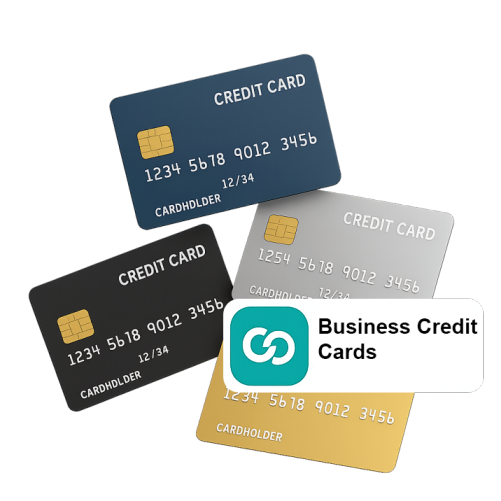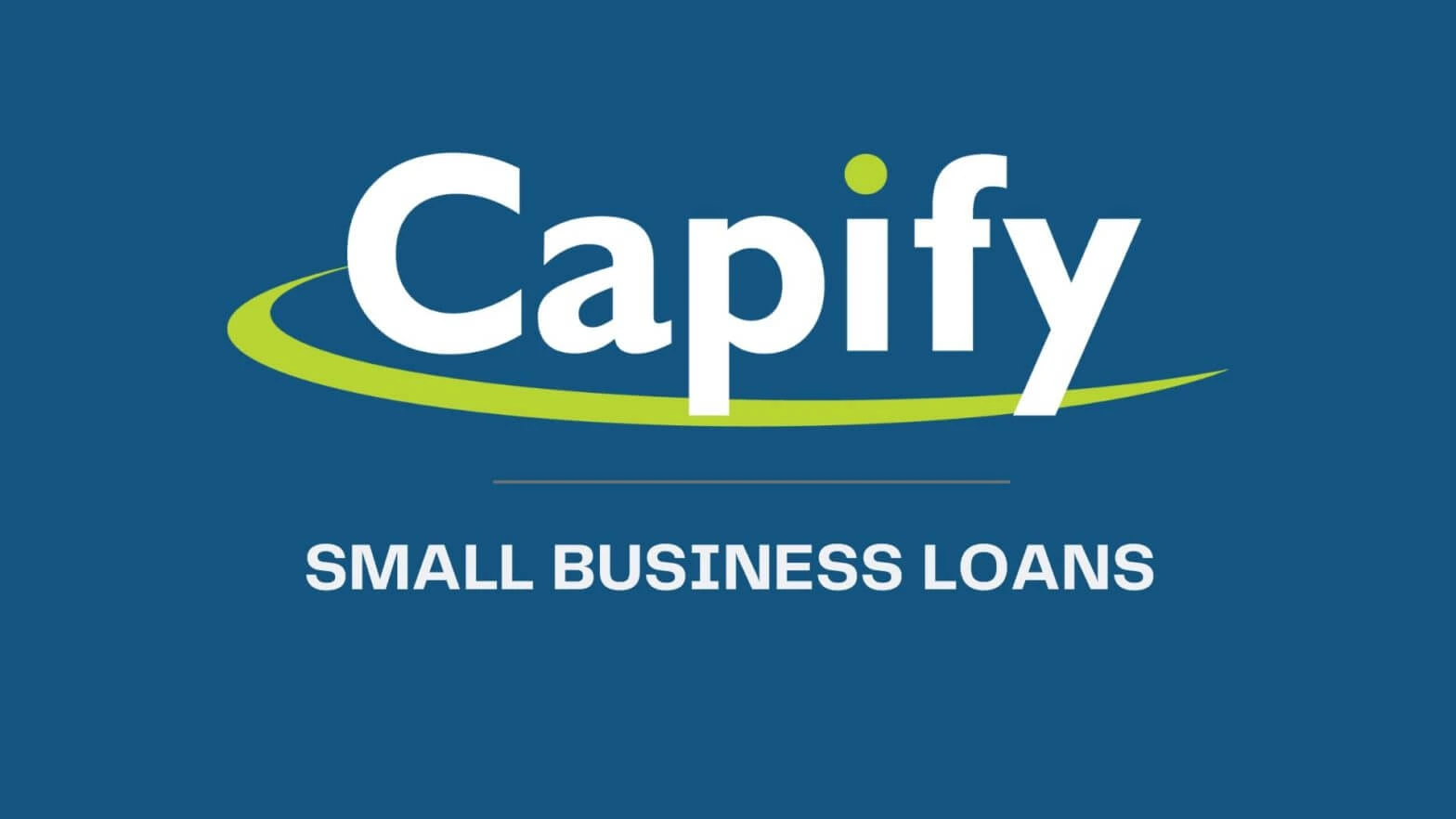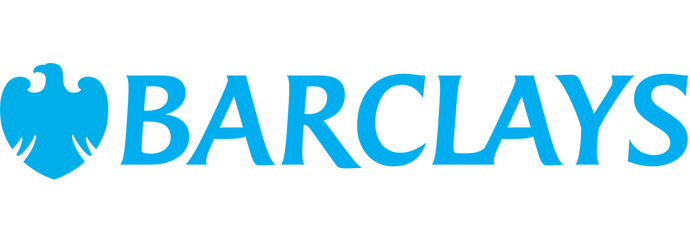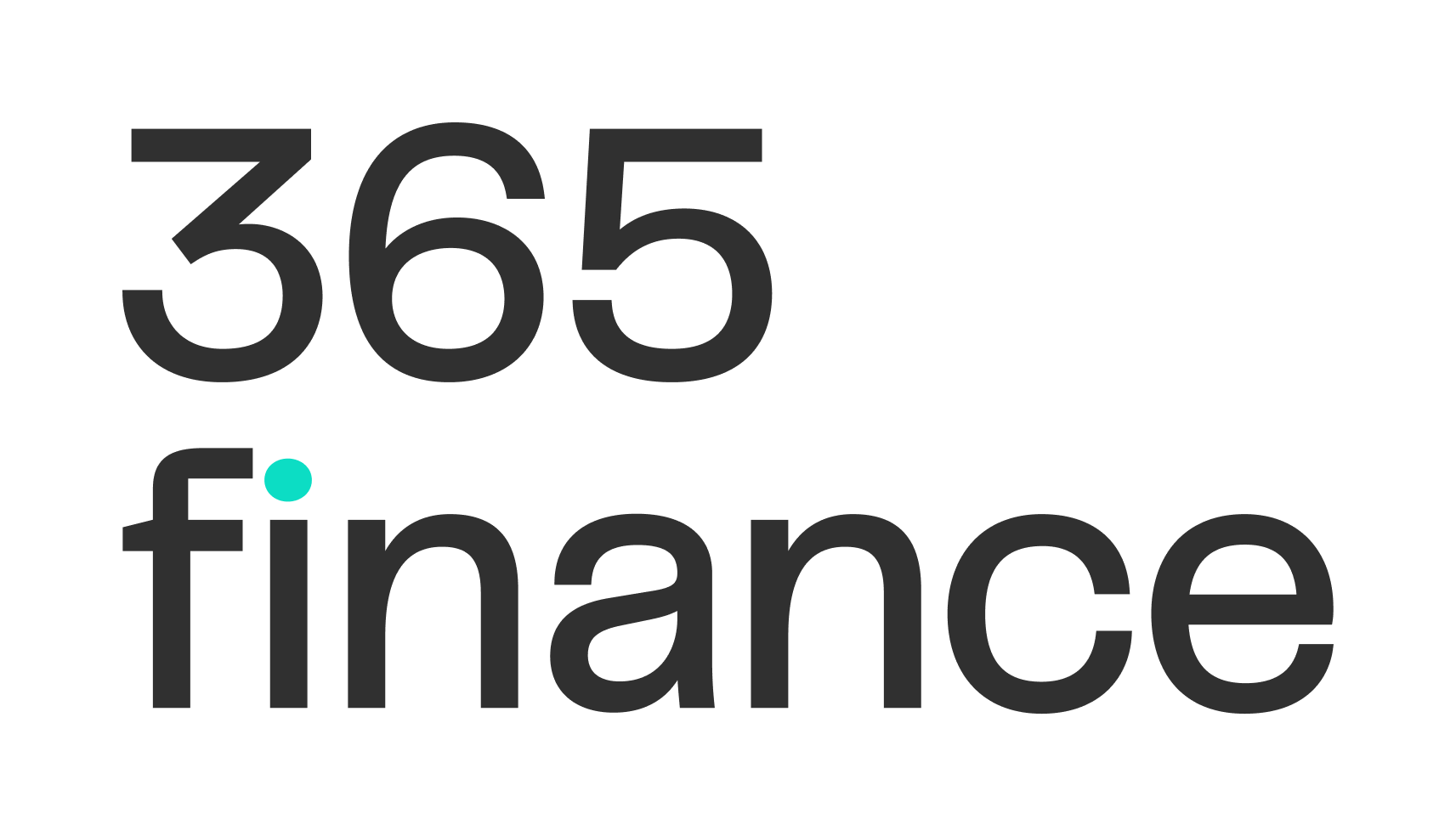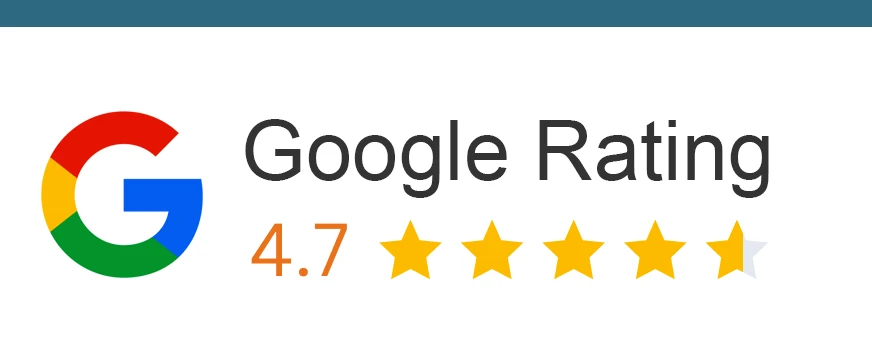Business credit cards offer several advantages for UK companies when used responsibly and within appropriate financial management frameworks. However, each benefit must be considered alongside corresponding risks and responsibilities.
Efficient Cash Flow Management: Business credit cards can provide temporary cash flow relief during periods of delayed payments or seasonal fluctuations. This flexibility allows businesses to maintain operations whilst awaiting customer payments or managing inventory cycles. However, this benefit comes with the significant risk of accumulating debt that may become difficult to service if cash flow problems persist.
Enhanced Business Credit Building: Timely repayments on business credit cards can contribute positively to your business credit history, potentially facilitating easier access to loans or other lines of credit in the future. This credit building aspect can be valuable for establishing business creditworthiness separate from personal credit profiles.
Risk Consideration: Conversely, missed payments or high utilisation rates can severely damage business credit ratings, making future borrowing more difficult and expensive.
Streamlined Expense Management: Business credit cards enable the separation of business and personal expenses, providing clear audit trails for accounting and tax purposes. Many cards offer detailed statements and expense categorisation tools that can simplify bookkeeping processes.
Additional Card Provision: Most business credit cards allow for additional cards to be issued to employees or directors, enabling controlled spending whilst maintaining oversight of business expenses. This feature includes spending limits and transaction monitoring capabilities.
Emergency Funding Access: Business credit cards can provide emergency funding access for unexpected expenses or opportunities. However, this should be considered a short-term solution rather than a long-term financing strategy.
Important Limitation: Emergency use of credit cards can lead to high-interest debt accumulation if not managed carefully. Professional advice should be sought for sustainable emergency funding solutions.

